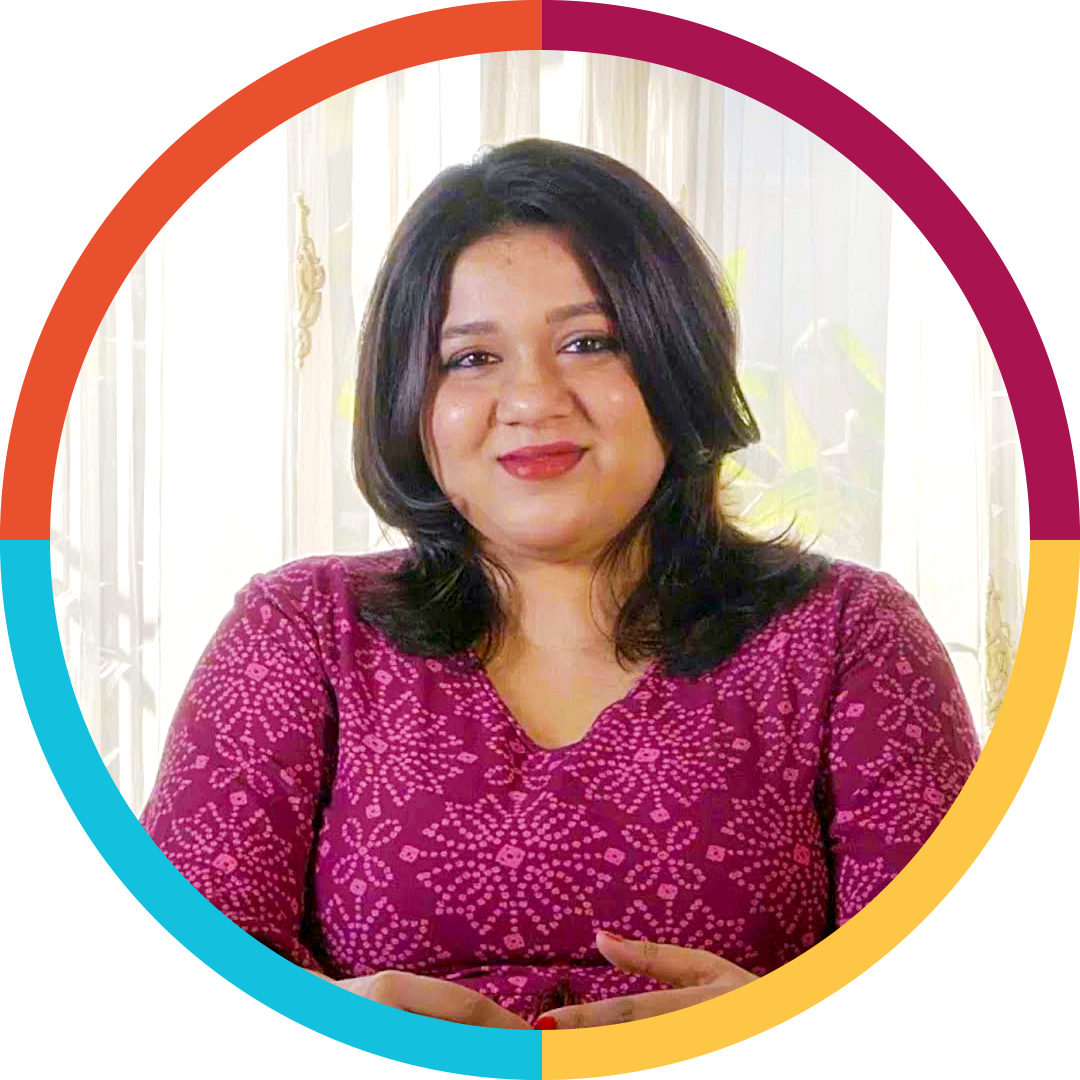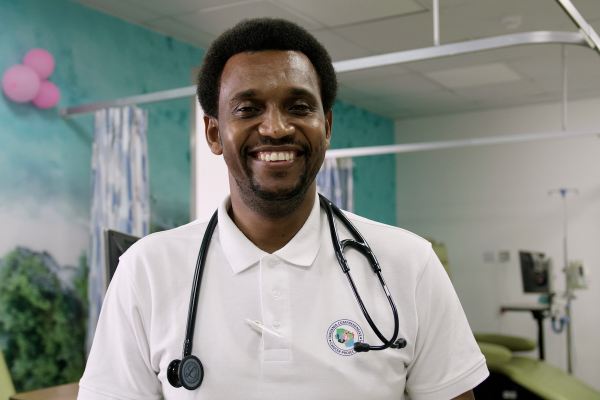This blog FROM CITY CANCER CHALLENGE (c/can) is part of OUR MEMBER-AUTHORED SERIES ON NCD INVESTMENT.
The current pressure on healthcare systems around the world has highlighted the urgent need for faster and more comprehensive efforts to strengthen care infrastructure, particularly in low- and middle-income countries (LMICs), most of which now face additional difficulties accessing finance due to the global economic crisis. Furthermore, tertiary level cancer care has traditionally been excluded from the international development aid agenda and is now further impacted by falling state budgets.
Given the growing burden of cancer in LMICs, which now accounts for nearly 10 million deaths in 2020 or nearly one in six deaths, driving high demands for care, the gap in public and donor funding could be filled by private investment. Private investment has poured into markets like India and Kenya, creating sophisticated hubs for quality cancer care. But it is not accessible to all.
Following increased private sector interest in investing in the infrastructure required for cancer care, such as pathology laboratories, imaging, radiotherapy or comprehensive care centres, governments have begun to consider expanding the role of public private partnerships (PPPs), which are more common in transport and energy, to tertiary and secondary healthcare. Thanks to better-planned and coordinated action between the public and the private sector, PPPs are starting to offer ways to provide equitable access to quality cancer care.
City Cancer Challenge: a fast-track to better care
At City Cancer Challenge (C/Can), we have decided to support governments that have expressed an interest in exploring the potential of PPPs for helping provide cancer care while they assess the opportunities and design the right infrastructure for their needs. C/Can’s locally-driven multi-stakeholder model provides an opportunity to give a voice to end-users on-site, empowering them to express their pressing needs for better infrastructure, as well as giving them a central role in the development of an innovative financing structure. At the same time, C/Can enables authorities to fast-track and improve the quality of real-world evidence generation, feeding demand and supply analysis, the foundation of any sound infrastructure project.
To unlock their full potential, PPPs need to be carefully crafted according to local needs and regulations, thus enabling access to wider financing sources and better quality standards, giving governments space to focus on policy making, planning and monitoring, and reducing the health financing burden thanks to the delivery of better value for money. Such transactions take a long time to be designed, in particular because of the challenge of collecting real-world data to inform investment strategies and attract investors. When PPPs go wrong due to poor design or a lack of data behind the investment structure, they can create an additional financial burden.
After a successful joint project in Myanmar in 2020 to support the development of new radiotherapy centres in Yangon, C/Can and the International Finance Corporation have entered into a global partnership to offer cities and countries a platform to lay the foundation for PPPs. As part of this agreement, four cities in the C/Can network from different continents are now able to access dedicated support to develop infrastructure planning and pre-feasibility studies, giving them the tools to decide on the best procurement and operating model for their needs.
Going forward, C/Can will focus on scaling its solutions to empower local authorities to make the best decisions and identify efficient collaboration with the private sector. The organisation believes that going beyond traditional health financing support and leveraging the potential of multi-stakeholder partnerships will raise awareness of the urgent need for sufficient resource allocation to cancer care and more broadly, to tackling NCDs.
About the author
Mathieu Morand is a Senior Manager at City Cancer Challenge, leading globally the work on digital health and health financing. As a digital innovation & investment professional, Mathieu is on a mission to bring new pragmatic solutions to Global Health. At C/Can, Mathieu is supporting cities in low- and middle-income countries looking to strengthen their cancer care systems thanks to innovation and private sector engagement. He is handling key projects across Eastern Europe, Africa and Latin America as well as global research and engagement initiatives.





